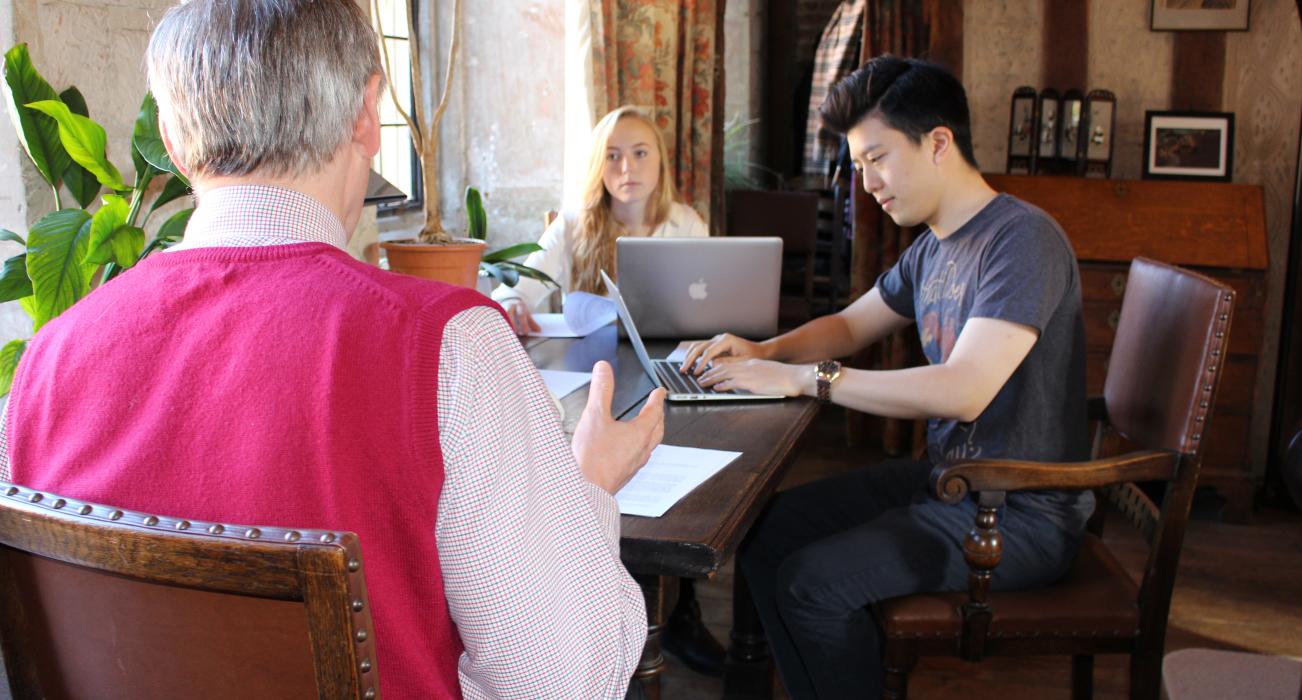Courses
Magdalene College admits students to study all academic degree subjects offered at Cambridge.
There are over 30 undergraduate courses at Cambridge. Courses at Cambridge cover over 65 subject areas allowing students to specialise their interests and direction of study.
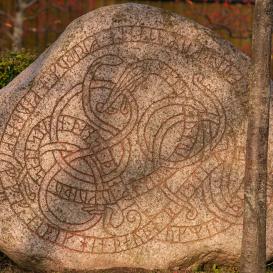
Anglo-Saxon, Norse & Celtic
Anglo-Saxon, Norse and Celtic is a degree course unique to Cambridge. It explores the history, culture, languages, and literature of the various peoples who inhabited Britain, Ireland and Scandinavia in the early Middle Ages.
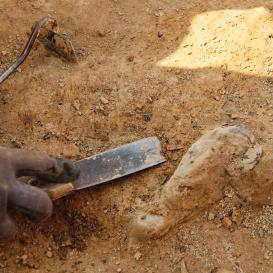
Archaeology
Archaeology covers a huge range of topics, spanning the evolution of humans, the development of farming, ancient civilisations and world empires, as well as the role of material culture in our lives and of heritage in our society.

Architecture
Architecture combines the challenge of both arts and sciences with the opportunity for creative design. Design is at the core of architectural education at Cambridge and the Studio forms the major activity throughout the course.
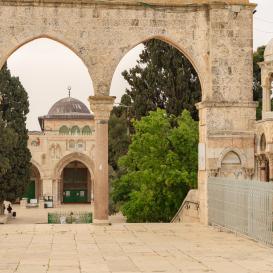
Asian and Middle Eastern Studies
Asian and Middle Eastern Studies covers the major languages, history and culture of the Middle East and East Asia. The area we study stretches from Japan in the East to Morocco in the West, and from classical times to the present day.
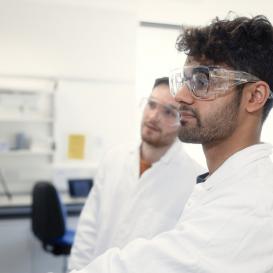
Chemical Engineering and Biotechnology
Converting raw materials into valuable products plays an important role in global issues such as energy, the environment and sustainable provision. Chemical Engineering and Biotechnology at Cambridge is a four-year course. All applicants applying this year will no longer be able to apply to the previous Chemical Engineering course which required students to study Engineering or Natural Sciences in their first year of University.
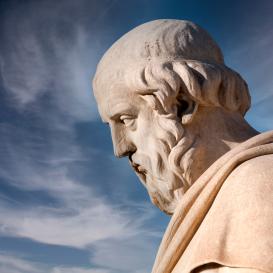
Classics
Classics encompasses the history, culture, archaeology, art, philosophy and linguistics of classical antiquity and the study of original texts and artefacts. Students can specialise in a particular field or retain the breadth with which the course starts. Classics looks at how classical culture, language and philosophy have affected the history of Western civilisation up to the present day.

Computer Science
Computer Science extends from the physical principles upon which computers work to the mathematical understanding of the semantics of computation. In Cambridge, Computer Science covers the principles of programming, operating systems, computer networks, artificial intelligence and numerous other topics.

Design
Integrating the arts and sciences, the Design course will challenge you to think about global problems such as climate change and give you the skills to help create solutions to them.

Economics
Economics at Cambridge provides a sound understanding of core, pure and applied economics. Students study economics in considerable depth, the course examines issues such as employment, unemployment, economic growth, price fluctuations, international trade, efficiency of financial markets, industrial organisation, economic development and transition to free market economies, resource allocation and the income distribution.

Education
Education is one of the most powerful cultural currents of change and growth in the modern world. If you’re interested in the psychology, politics or social and cultural contexts of education and learning. Education at Cambridge is a rigorous and rewarding interdisciplinary degree. Students follow one of three tracks, combining in-depth study of a particular field of interest with an examination of wider educational and social issues.

Engineering
The Cambridge Engineering course is unique, it has a broad foundation in the first two years which gives students an understanding of the basic principles of a wide range of subjects and allows students to keep their options open while being equipt with all the analytical, design and computing skills that underpin modern engineering practice.

English
If you have a passion for literature, we have a challenging course that will inspire you in your reading, and develop your critical and imaginative abilities. English at Cambridge balances a strong grounding in the core of English literature with the chance to explore literature from around the world, other art forms, the English language, and related intellectual traditions.
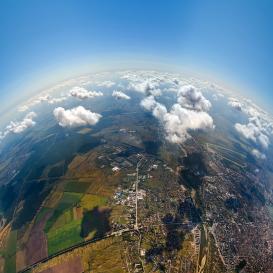
Geography
Modern Geography is much more than ‘capes and bays’ and naming capital cities around the world. Rather, it is characterised by the complex interactions between global scale change (e.g. sea level rise, human migration patterns) and more regional and local scale change (flash floods, urban inequalities).

History
History at Cambridge offers a huge range of study options that span three millennia and circle the globe. Students have the opportunity to investigate practically any period or aspect of history. The study of History at Cambridge is unique in its chronological and geographical scope.

History and Modern Languages
The new joint degree in History and Modern Languages combines the best of both subjects. It offers the opportunity to develop near native-speaker skills in a foreign language while studying a range of papers relating to the culture and history of the relevant language area; options in some languages also include film and contemporary politics.
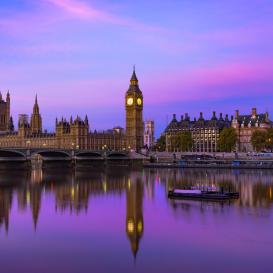
History and Politics
History and Politics at Cambridge is a joint Honours degree, it allows students to study subjects from the Cambridge highly regarded History and Politics and International Relations courses, together with creative papers which explore overlaps between the two disciplines.
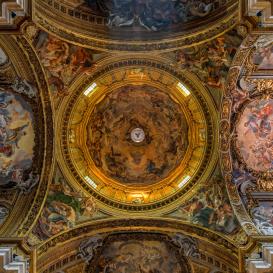
History of Art
Cambridge is home to one of the greatest concentrations of world-class art collections in the UK outside London, and boasts a wealth of magnificent architecture from the medieval to the contemporary. This means our students engage with many of the buildings and objects they study first-hand.
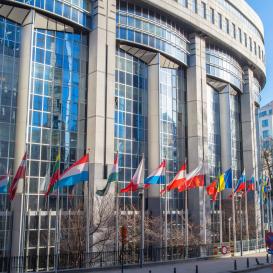
Human, Social, and Political Sciences
Human, Social, and Political Sciences at Cambridge offers an innovative and comprehensive opportunity to investigate modern humanity from many perspectives, the course encompasses politics and international relations, social anthropology and sociology.
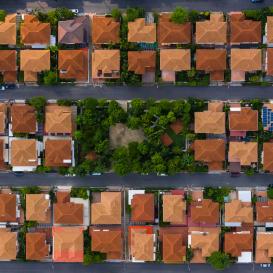
Land Economy
Land Economy is a multi-disciplinary social science degree, focussing on the study of economics, business and law and their relationship to the environment. The multi-disciplinary nature of the course is particularly relevant in the twenty-first century where the environment, law and economics and the control of scarce resources affect the daily lives of people around the world.
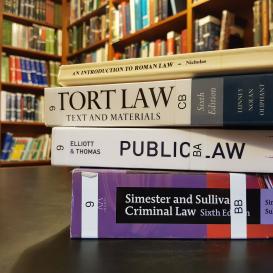
Law
Questions of analysis and interpretation, logical reasoning, ethical judgement, political liberty and social control: Law at Cambridge allows undergraduates to see law in its historical and social contexts, and to examine its general principles and techniques.

Linguistics
Language is arguably our most crucially human attribute, and Linguistics is the systematic study of human language. If you’ve found yourself asking ‘why?’ or ‘how?’ in relation to language, then Linguistics is for you.

Management Studies
Management Studies, taught at the Cambridge Judge Business School, is available to undergraduates as a one-year Part II course, meaning that you can apply in the second or third year of your degree.
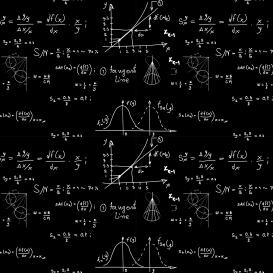
Mathematics
Mathematics at Cambridge is one of the most challenging and stimulating mathematics courses in the country. Mathematics offers the opportunity to study a wide range of subjects, everything from abstract logic problems to black holes.
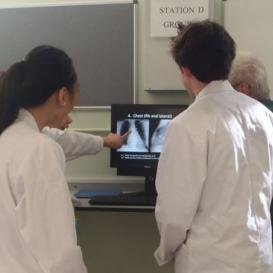
Medicine
The Cambridge undergraduate Medicine course provides the education and training required to be one of tomorrow’s doctors, reflecting the latest advances in medical sciences and practice. Our aim is to educate students to become compassionate, thoughtful, skilled members and leaders of the medical profession.
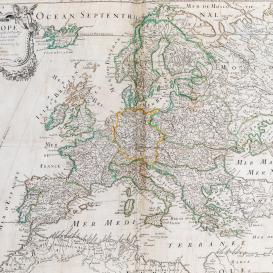
Modern and Medieval Languages
Cambridge offers fantastic opportunities to study the languages and cultures of most European (and many non-European) countries. Modern and Medieval Languages students acquire advanced linguistic and critical skills and study two languages for the first two years of the course, students can choose to study French, German, Italian, Portuguese, Russian and Spanish.
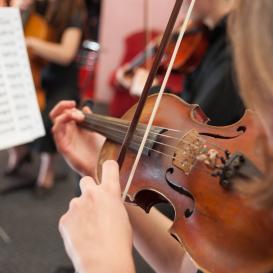
Music
Magdalene has an active musical community. Music at Cambridge covers a broad range of music and variety of ways of thinking about and understanding music, ranging from medieval music to the blues, and from advanced analysis to the study of music and science.

Natural Sciences
Natural Sciences is the framework within which most science subjects are taught at Cambridge. Natural Sciences can be broadly divided into Physical Sciences and Biological Sciences, with Chemistry sitting at the interface between both areas. Many students study a combination of both Physical and Biological subjects.
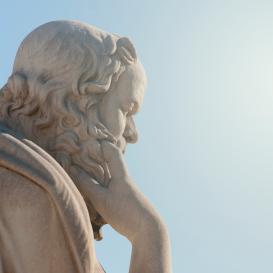
Philosophy
Philosophy explores human thought, the basis of knowledge, the nature of reason, consciousness and cognition, as well as the foundations of value and political theory. Its questions are intriguing and its study requires complex critical thinking, rigorous analysis and consideration of new perspectives.

Psychological and Behavioural Sciences
Psychological and Behavioural Sciences is an exciting, broad and flexible degree that covers all aspects of psychology. Psychological and Behavioural Sciences at Cambridge covers, for example, Cognitive Psychology, Psychopathology, Language, Brain Mechanisms, Gender, Family Relationships and Influences, Personality, and Group Social Behaviour.
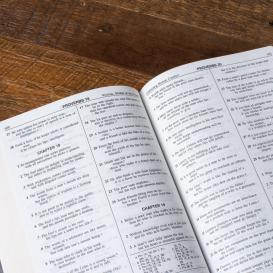
Theology, Religion, and Philosophy of Religion
Theology, Religion, and Philosophy of Religion at Cambridge enables students to combine the study of world religions with philosophy, ethics, history, literature, languages, sociology and classics. It explores contemporary and historic thought, culture and texts.

Veterinary Medicine
Cambridge provides a unique intellectual and social environment in which to study Veterinary Medicine to the highest level. The Department of Veterinary Medicine has an international reputation as a centre of excellence and is performing world-class veterinary research.
